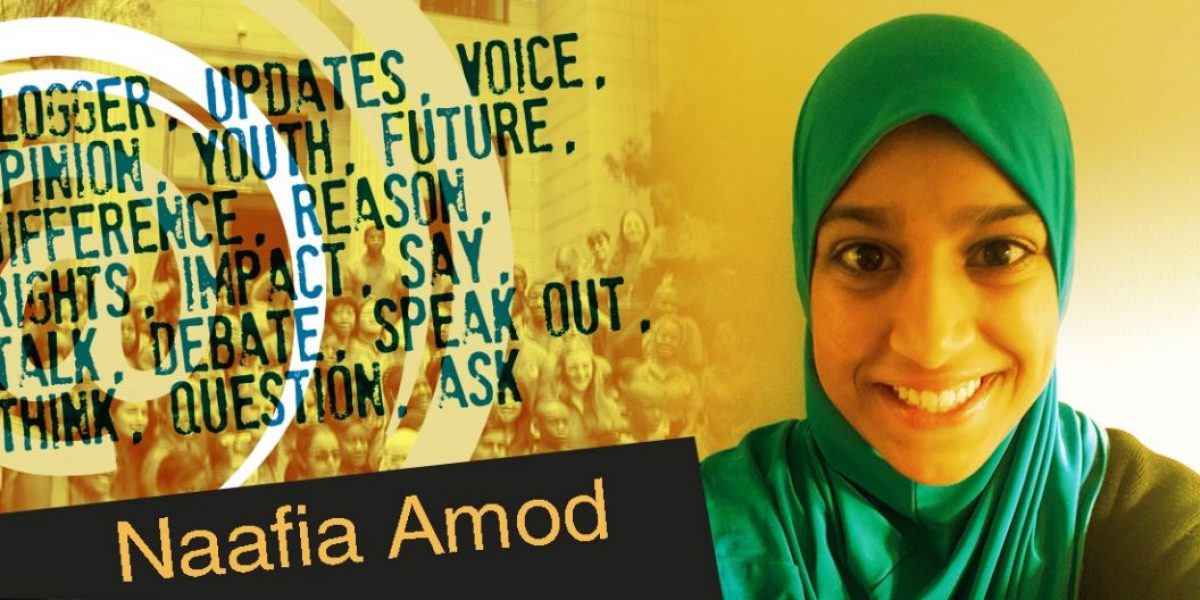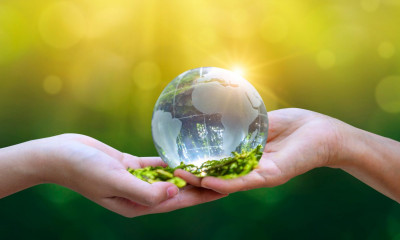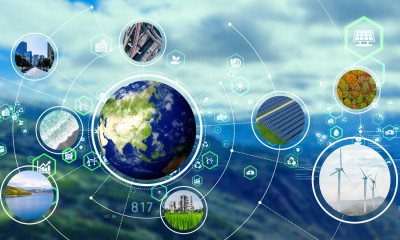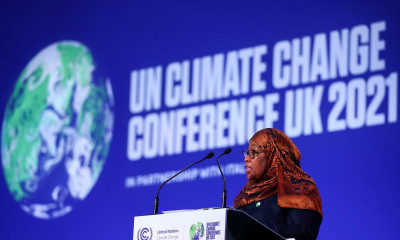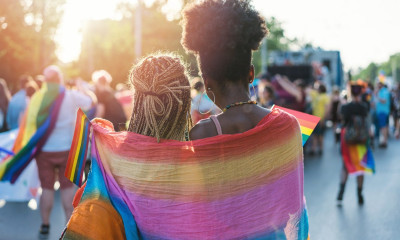All you have to do to see it, is pick up a newspaper.
In the United States, American citizens are worrying about the power President Donald Trump has to wreak havoc on their country. South Africans, too, are paralysed by a lack of faith in our head of state, as we watch the acts of President Jacob Zuma pull us in what many see as the wrong direction.
17 million people in Yemen are currently facing famine. In Somalia, South Sudan, Ethiopia and Kenya, the very same problem is looming.
In Turkey, an attempted coup d’état last year caused over 200 deaths and 2,100 injuries. In the Central African Republic, a coup in 2013 killed hundreds and weakened the political and economic strength of the region.
Donald Trump’s war on undocumented migrants in the USA is exacerbating xenophobic sentiment. In South Africa over recent years, repeated xenophobic attacks have been witnessed.
The significant economic adjustments that have taken place in Greece since 2008 have resulted in an unemployment rate that is worryingly high. In South Africa, various factors have led to the same problem needing to be dealt with urgently.
In India, where much is skewed in favour of males and gender inequality is high, there is an increasing demand for more gender equality. In Algeria, stereotypes and societal norms have made the same inequality prevalent.
What is the common thread in these stories? No matter the crisis, it isn’t difficult to find its African counterpart.
Centuries of being colonised, looted and torn apart by Western scavengers have left our continent in a weakened state. New problems surface every day, and while they try to respond, African governments are often financially and politically powerless to truly tackle the issues we face. From humanitarian crises such as famine and natural disasters such as droughts, to incidences of political instability and gross human rights violations, there are few quandaries Africa can count itself immune to.
Given our history as a continent, this is certainly understandable, but that doesn’t make it any less sad.
Of course, other nations (such as those in the East) that were colonised and wounded in much the same manner as African countries also face many of the same problems as we do, albeit on a different scale. Improvements in science and technology, changing perceptions across the world and new innovations in the fields of health, agriculture and public participation are helping ameliorate conditions everywhere – but not enough, and not nearly fast enough.
The sad truth is that most of these innovations occur in rich nations that need them least, but which have the necessary resources and expertise to expend on research. Indeed, an onlooker with no idea whatsoever of the historical context might look at Africa as the continent that is contributing least. Pitted against countries and continents with a centuries-old advantage, Africa may never catch up.
And this is why African youth are the world’s best hope for reform. Life, as the Danish philosopher Kierkegaard wrote, can only be understood backwards, but it must be lived forwards.
It is in Africa, where history has left us unarmed politically and economically, but ready mentally for the difficulties that now confront us, that we best understand the problems that threaten the world. An American, exposed since birth to the privilege that can only come with centuries of prosperity, is almost certainly more likely to form a multi-million-dollar internet start-up. But only an African child, who knows what it is to walk 7 kilometres and back to the nearest tap, will truly understand the need to bring water and sanitation to people.
And when the same problems that the West once thought they were safe from now hit them just as hard – thanks to climate change, steadily rising population figures, and more and more economic insecurity – it will only be an African, who has lived their whole life with these problems hovering on the horizon, who is best positioned to help.
Africa has been fighting a long time. First with spears and swords, later against oppression and injustice, and more recently a less overt battle with politics, money and human rights. And we will be fighting a long time yet.
For it is only when African youth rise to take the helm, only then will the rest of the world learn how to fight.

